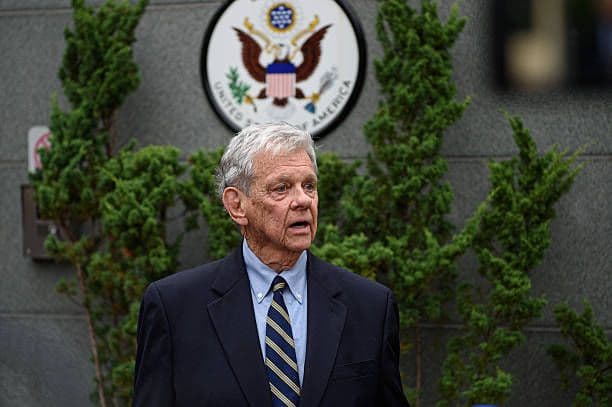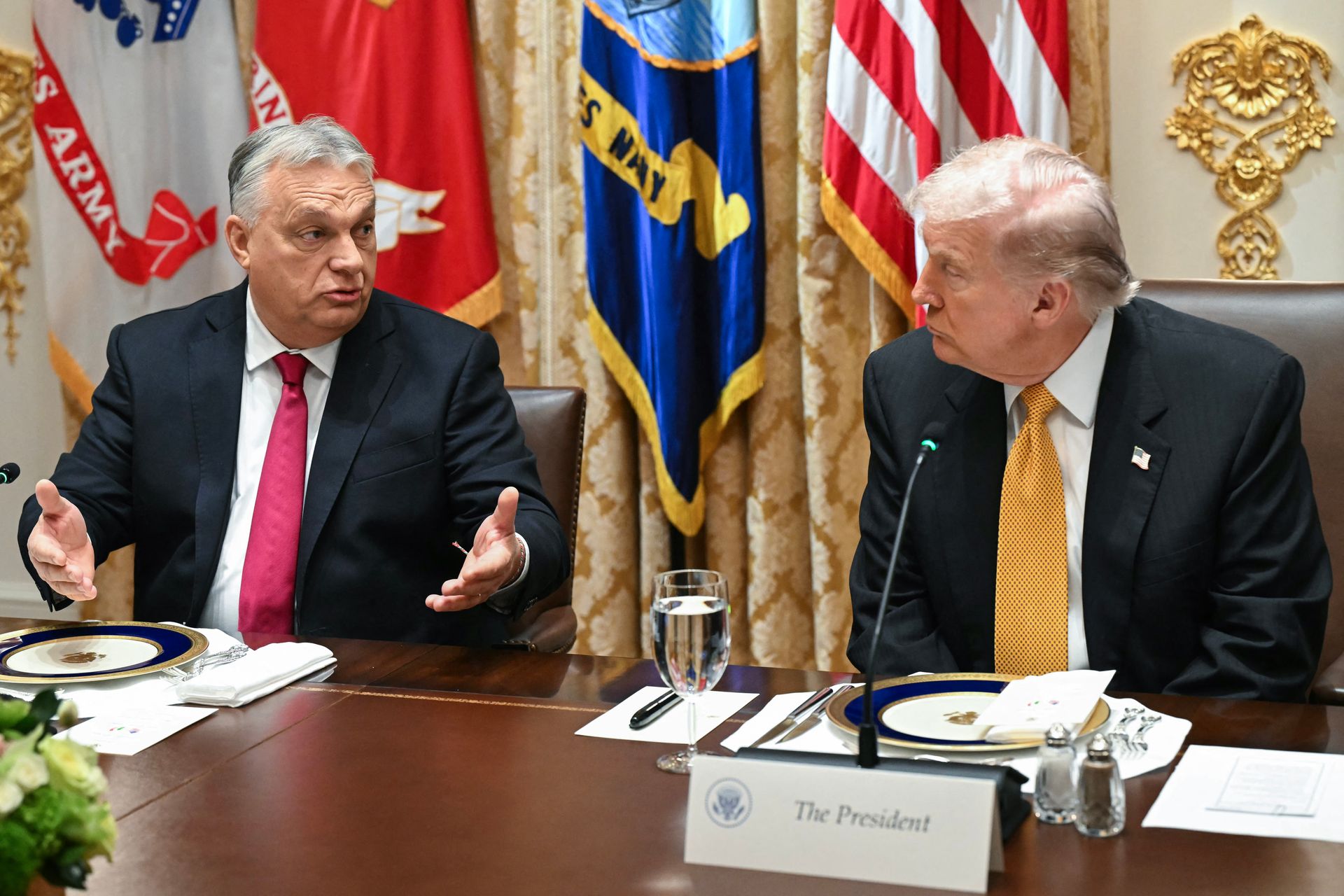Trump nominates John Coale as special envoy for Belarus, aims to secure release of additional political prisoners

U.S. President Donald Trump announced on Nov. 9 he had nominated John Coale as the U.S. special envoy for Belarus, with the aim of securing the release of additional political prisoners held by the regime of Dictator Alexander Lukashenko.
"He has already successfully negotiated the release of 100 Hostages, and is going for an additional 50," Trump wrote on his Truth Social account.
The announcement follows U.S. efforts in September to free dozens of political prisoners, which include opposition figures, journalists, protesters, and foreign citizens.
John Coale, who currently serves as deputy special envoy to Ukraine and is a former personal lawyer to Trump, assisted in negotiating the release of the prisoners during his September visit to to Minsk.
Following the release, Washington lifted sanctions on Belavia, Belarus's state airline, which had been under restrictions since August 2023.
For its part, Minsk has ramped up its efforts to break out of diplomatic isolation imposed by Western nations for its role in and support of Russia's full-scale invasion of Ukraine.
Minsk has faced heavy Western political and economic sanctions over its support of Moscow, as well as its massive electoral fraud which saw Lukashenko maintain power in a widely disputed 2020 presidential election.
Trump's envoy, Keith Kellogg, revealed in late September that the goal of renewed dialogue with Belarus is to "ensure lines of communication" with Russian President Vladimir Putin as part of a broader push to end the war in Ukraine. Lukashenko also voiced his readiness to strengthen ties if it meant benefits for Minsk.
"I would like to thank, in advance, the Highly Respected President of Belarus Alexander Lukashenko, for his consideration on the release of these additional people," Trump concluded in his post.
Lukashenko, who has ruled Belarus since 1994, is widely seen as a close ally of Putin. In September, Belarus and Russia conducted large-scale joint Zapad-2025 military exercises. The Kremlin claimed around 100,000 troops took part — a show of force that heightened tensions along NATO's eastern flank.












